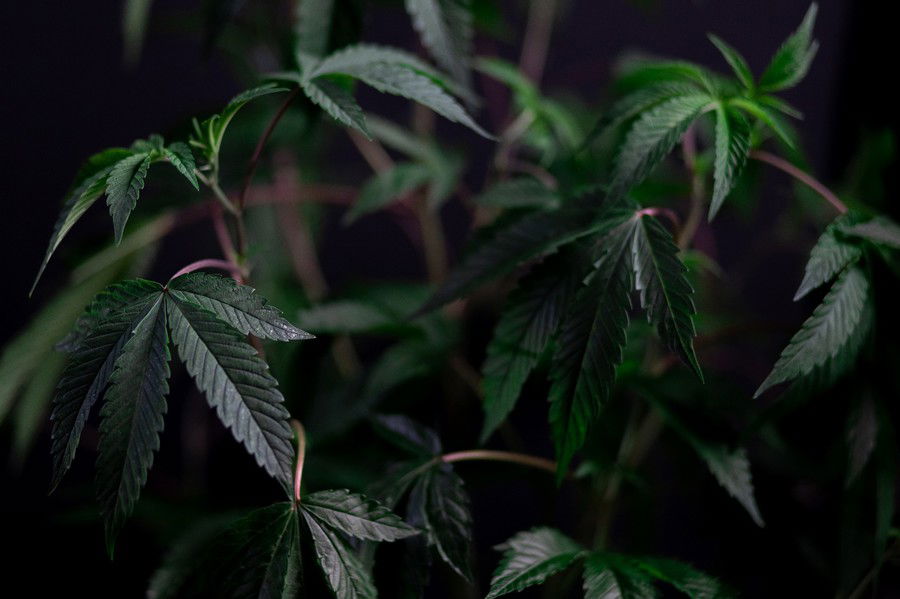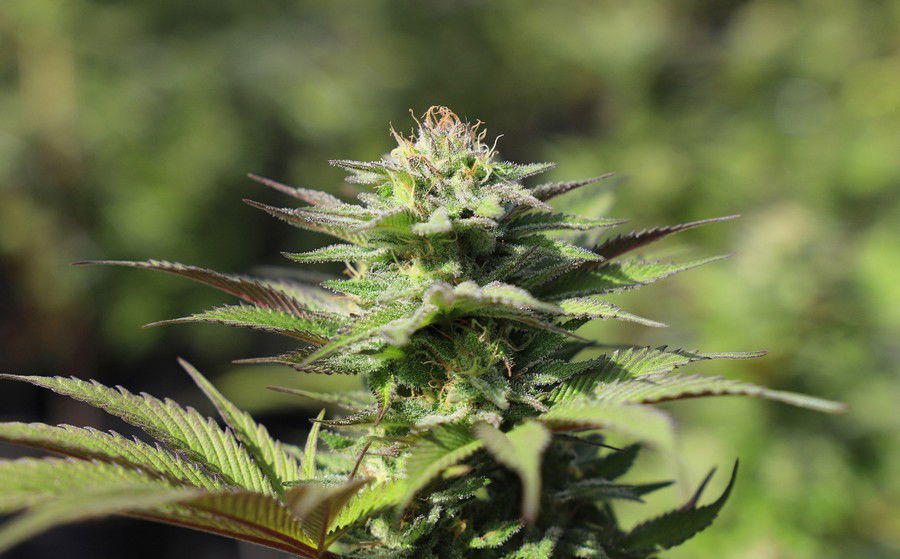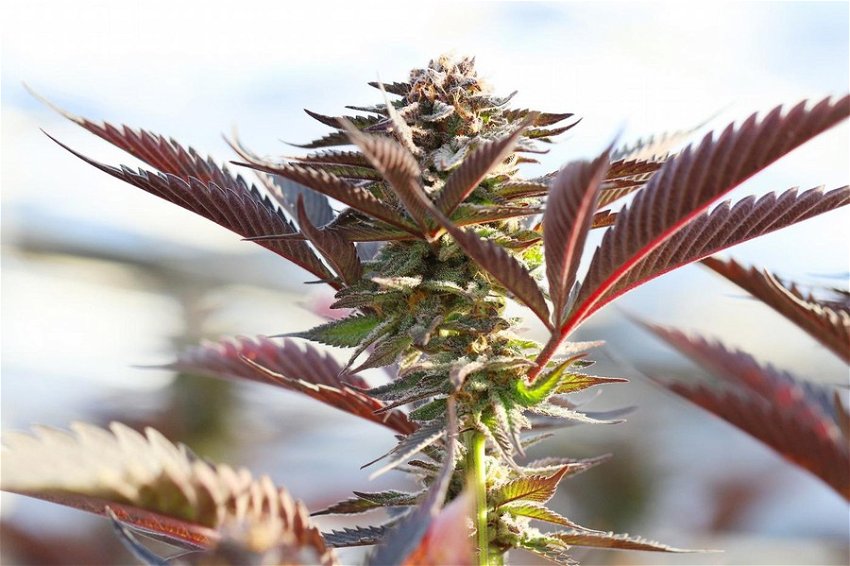Demystifying Cannabis Seeds: Indica, Sativa, and Hybrid Explained
In the United States, over 55 million individuals have used marijuana at least once. Of these consumers, more than 35 million consider themselves regular cannabis users, which means that they only smoke marijuana once or twice a month. According to recent statistics, the percentage of marijuana smokers in the United States is comparable to the rate of individuals who smoke cigarettes. People use cannabis for various reasons, including recreational and medicinal purposes. However, many cannabis consumers are unaware of the distinctions between cannabis strains.
A strain refers to the genetic variant of a marijuana plant that provides the buds with distinct effects, flavors, and looks. It is a strain’s terpene profile, genetics, and cannabinoid content that distinguishes it from other weed varieties. Cross-breeding of marijuana plants leads to the creation of a new weed strain, while there are two original cultivars: Indica and Sativa. This article will focus on the definitions of each and their hybrids, plus their distinguishing factors and effects.
What Is Cannabis Sativa?
Originally and preferably grown in hot, dry climates of western and southern Asia, Sativa was discovered by Swedish botanist Carl Linnaeus in 1753. Sativa plants are tall and thin with finger-like leaves, and they can grow up to 12 feet long; they take longer to mature compared to Indica strains. Typically, sativa has high THC and low CBD content, which results in energetic highs that trigger creativity and cerebral stimulation. Given its stimulating nature, Sativa strains are best consumed in the daytime to boost energy, focus, and productivity.
Benefits and Effects of Cannabis Sativa Strains
Generally, sativa effects include increased energy, improved concentration, mood enhancement, and elevated focus. These properties also come from the terpene composition in sativa, which typically includes pinene, limonene, myrcene, and valencene. Most consumers take sativa to improve their productivity and work performance. The terpenes and cannabinoid composition help alleviate stress and are generally used to combat social anxiety and awkwardness. Sativa is also used for pain relief, nausea management, and depression relief.
Popular Cannabis Sativa Strains
Ad
Although there are hundreds of Sativa strains available, here are a few of the most common ones:
• Acapulco Gold
• Panama Red
• Durban Poison
• Sour Diesel
• Green Crack
• Jack Herer
• Lemon Haze
• Super Silver Haze
Certain variants are more prevalent in specific areas due to climatic conditions and user demand.

What Is Indica?
Cannabis indica is a plant native to the harsh and dry areas of central Asia, discovered by a biologist named John Baptiste Lamarck. This cultivar is initially grown in Pakistan, India, and Afghanistan with short, bushy plants; it is characterized by a strong and intense aroma. When consumed, this strain gives the users calm, relaxed effects owing to the terpene composition of myrcene, limonene, caryophyllene, and pinene.
Ad
Benefits and Effects of Indica
Indica produces wildly varying effects and benefits depending on how or when the product is consumed. Due to its terpene composition, the strain gives a moderate sedative effect, so it can be used as a muscle relaxant. Medically, it is recommended as an anti-anxiety and anti-emetic remedy, while for recreational purposes, it is used to achieve chilled vibes.
Popular Cannabis Indica Strains
Some of the most popular Indica strains in the market include:
• Hindu Kush
• Afghan Kush
• Granddaddy Purple
• Bubba Kush
• Northern Lights
• Blue Cheese
• Purple Kush
Ad
What Are Hybrid Cannabis Seeds?
Hybrid strains blend sativa and indica and are produced through selective hybridization and cross-breeding. Sometimes, breeders add ruderalis into the sativa and indica combination to increase the hybrids’ resilience and productivity. Different flavors, tastes, and results are achieved from the genetic mix of the hybrids. The terpene composition is similar to the indica or sativa composition, mainly because they combine both. There are four main categories of cannabis hybrids:
• Indica-dominant
• Sativa-dominant
• 50/50 indica – sativa hybrids
• Hybrid auto-flowering breeds with indica, sativa, and ruderalis.
Effects and Benefits of Hybrid Strains
The effects of hybrid variants vary based on the dominant strain in the hybrid. Some hybrids give relaxation, while others create a stimulating, energetic effect.
Ad
Popular Hybrid Cannabis Strains
Like Sativa and Indica, hybrid strains’ popularity depends on local demand and supply.
• Pineapple Express
• Blue Dream
• OG Kush
• White Widow
• AK-47
• Fire OG
• Trainwreck

How to Choose the Right Strain for You
Sativa and Indica strains are both popular. However, they are used for different reasons. If you’d like to feel energized during the day, then smoke Sativa weed. You may unwind with an Indica before going to bed. A hybrid is a good option if you want a balanced high with some relaxation and focus. Try to pick one with a balanced combination of Indica and Sativa properties.
Ad
The easiest way to determine the proper strain type is to consider your intended use. Here are the top considerations to bear in mind as you choose the right seed to plant based on the results of the produce:
• Flavor. The ultimate flavor of the weed you intend to smoke or grow should guide the choice of your cannabis seeds. For instance, the gentle blueberry aroma in a Blue Dream strain differs from the smell and flavor profile of Godfather OG; therefore, your preference should guide your choice.
• Potency. Some strains are more potent than others based on the terpene and cannabinoid profile. The CBD and THC content varies per cultivar, so a farmer must research keenly before kick-starting the planting process.
• Effects. The cerebral and body high after consuming weed depends on the consumer’s endocannabinoid system though the cannabinoid concentration in each plant also makes a difference.
• Planting Space. The choice of planting space determines the type of crop you will grow. Sativa plants are high, reaching up to three meters, which may be inconvenient for indoor planting, while some Sativa-dominant hybrids are not that tall.
How to Grow Indica, Sativa, and Hybrid Seeds
Regardless of the strain, cannabis growth goes through similar growth phases. The difference, however, is in the time it takes for each seed to move from seed to bud and the output quality. Naturally, Sativa strains take longer to mature and have taller plants, while the shorter, stouter Indica plants grow faster. Before choosing your seeds, research carefully and understand the strain’s growing peculiarities and characteristics. Remember that you might get different fast bloom times due to the differences in growing conditions.
All cannabis seeds produce superior results when grown in optimal conditions; therefore, a farmer must invest in the growing equipment and nutrients, whether indoors or outdoors. Lighting conditions and other care methods may enhance the terpene profile and cannabinoid content in your buds, which boosts the taste and aroma of your final product. Nutrient balancing and stress training techniques increase the plants’ health and yields.
Ad
Conclusion
While indica cultivars are more likely to give you a body high, Sativa variants are more likely to provide you with a head high, and hybrid varieties are a cross between the two. Therefore, the weed’s effects will be based on the blend’s genetic profile. The best seed selection for you will depend on what you intend to use the products for. The most straightforward approach to determining the proper strain type is considering and working toward the results. The cannabis encyclopedia – AskGrowers contains more information to help you understand the various marijuana cultivars and their seeds.






— Comentários
0Seja o primeiro a comentar